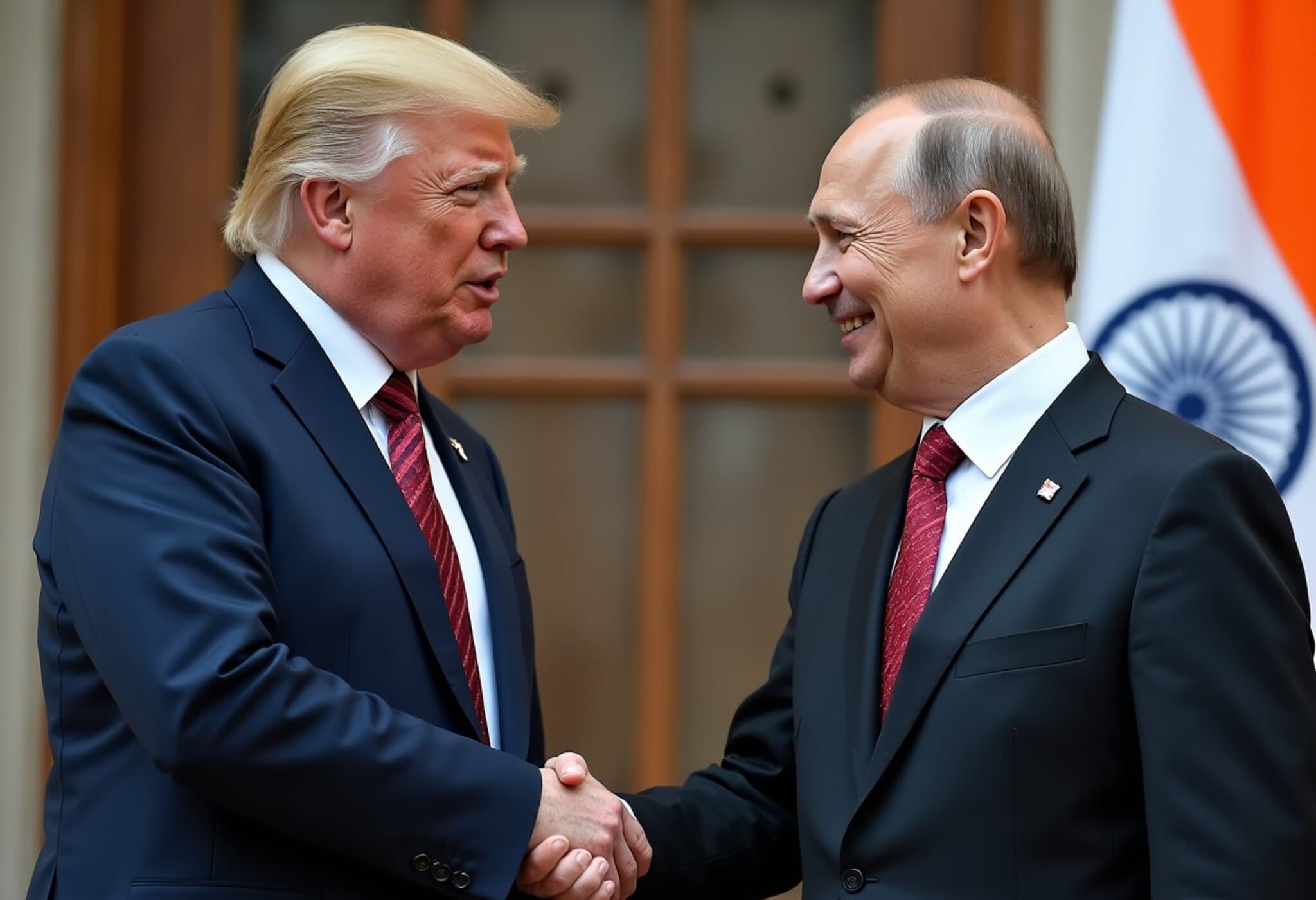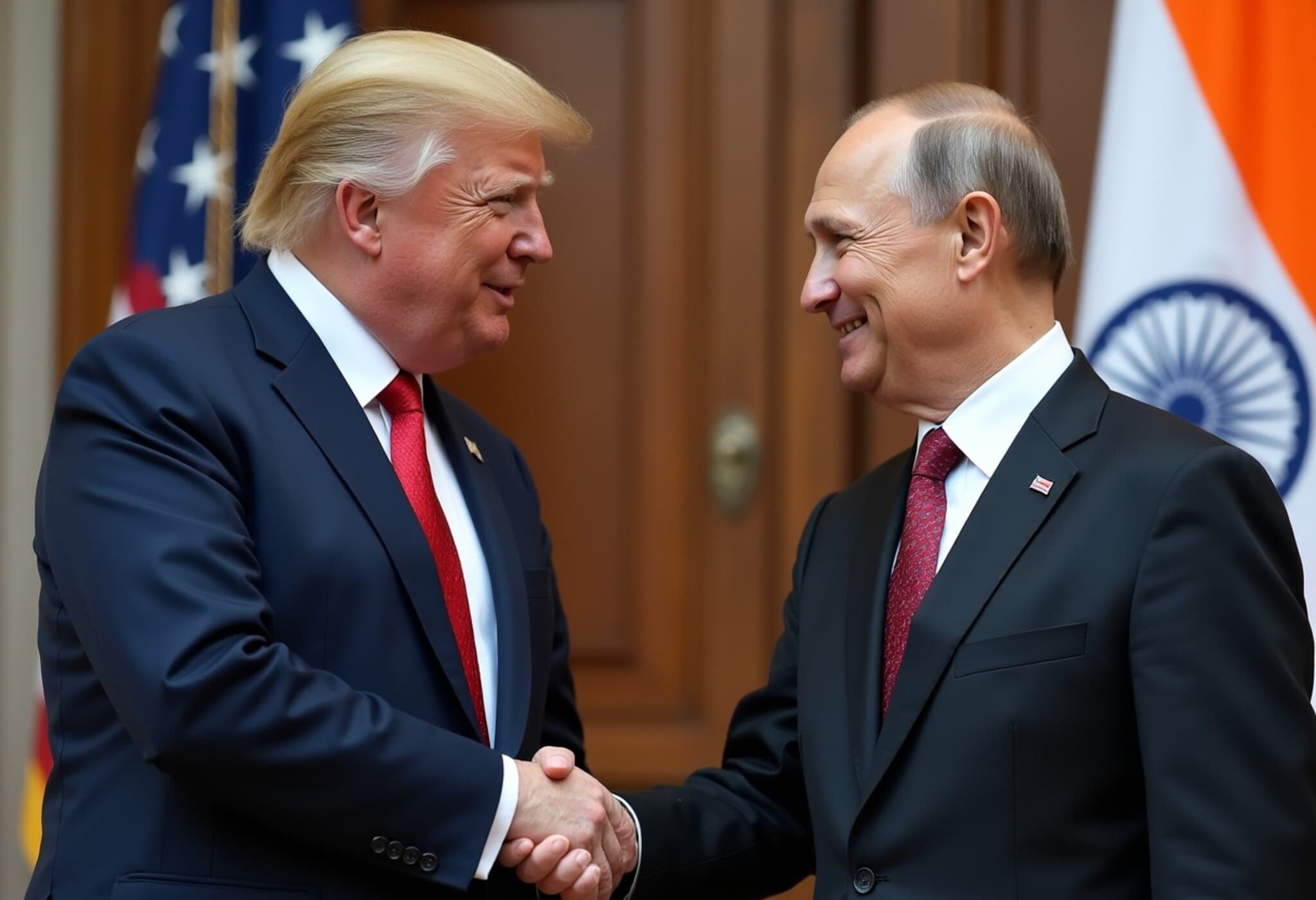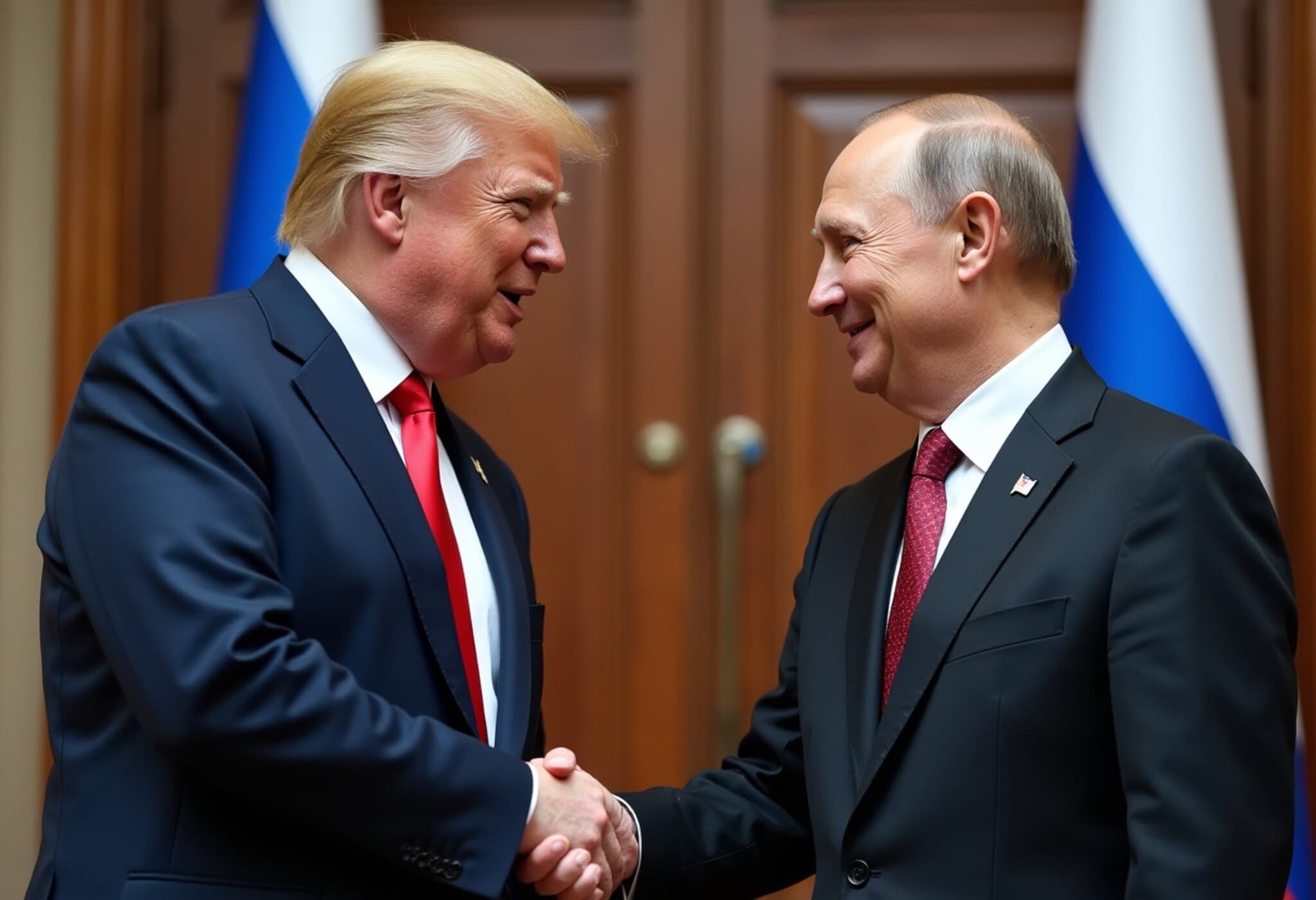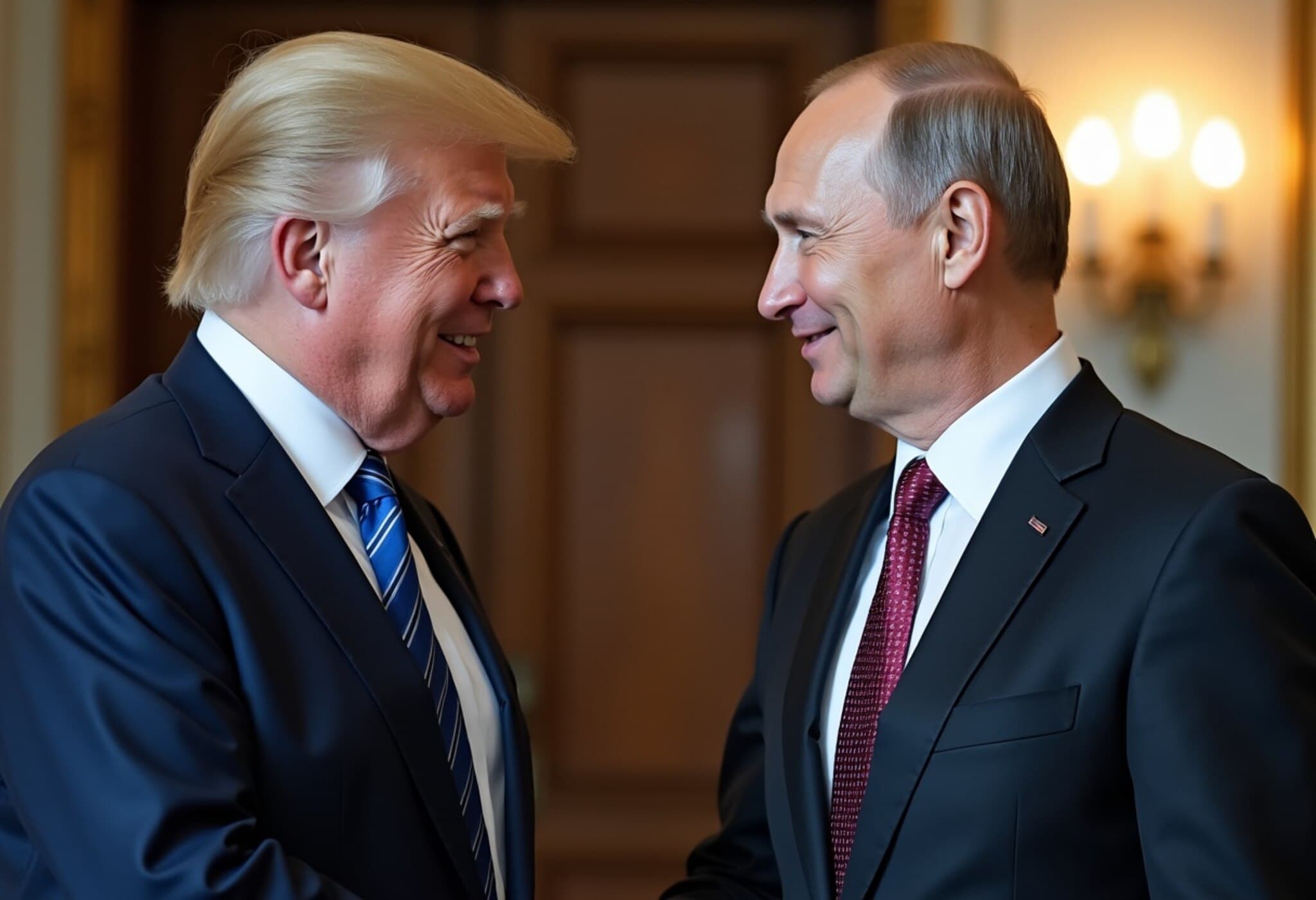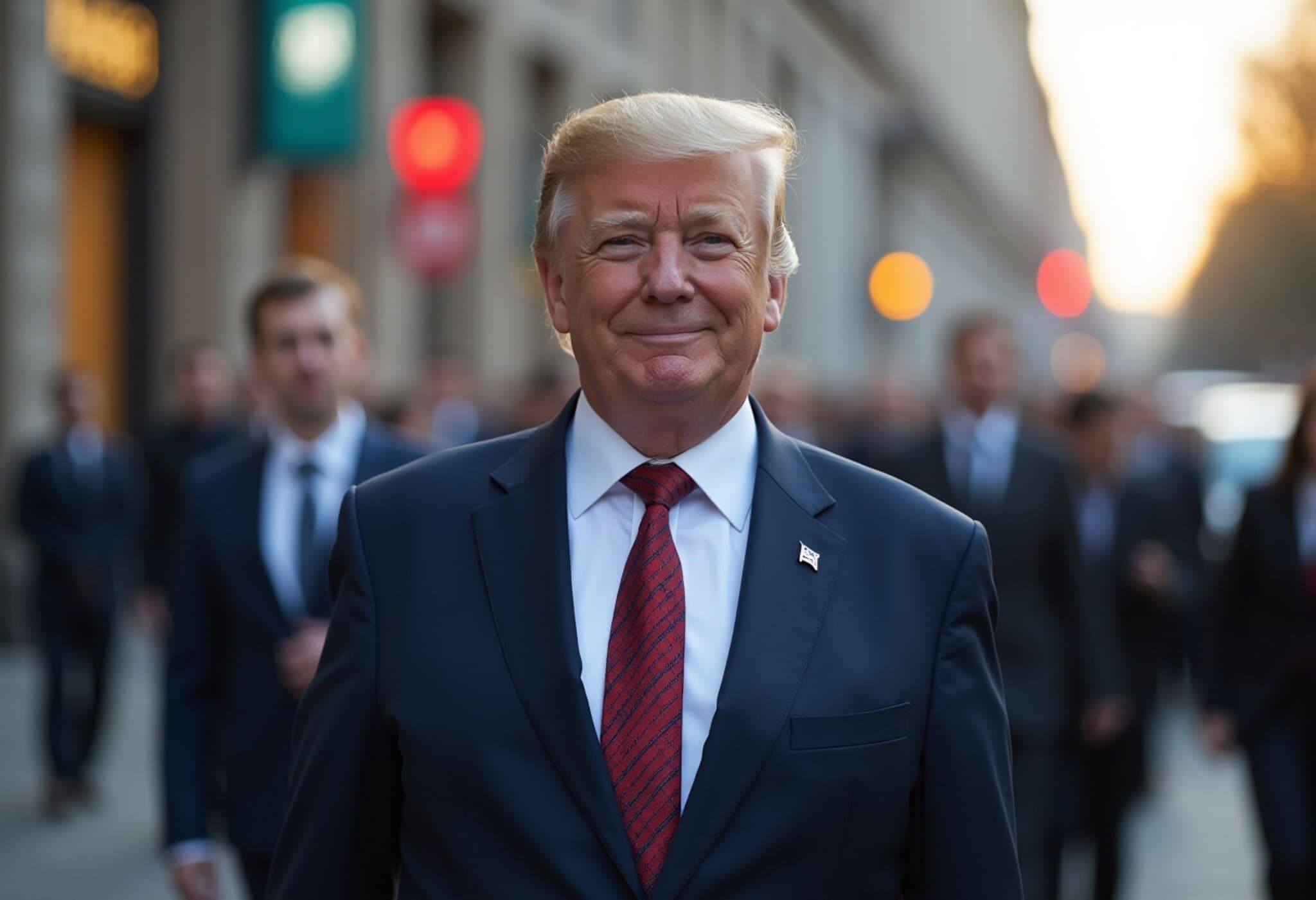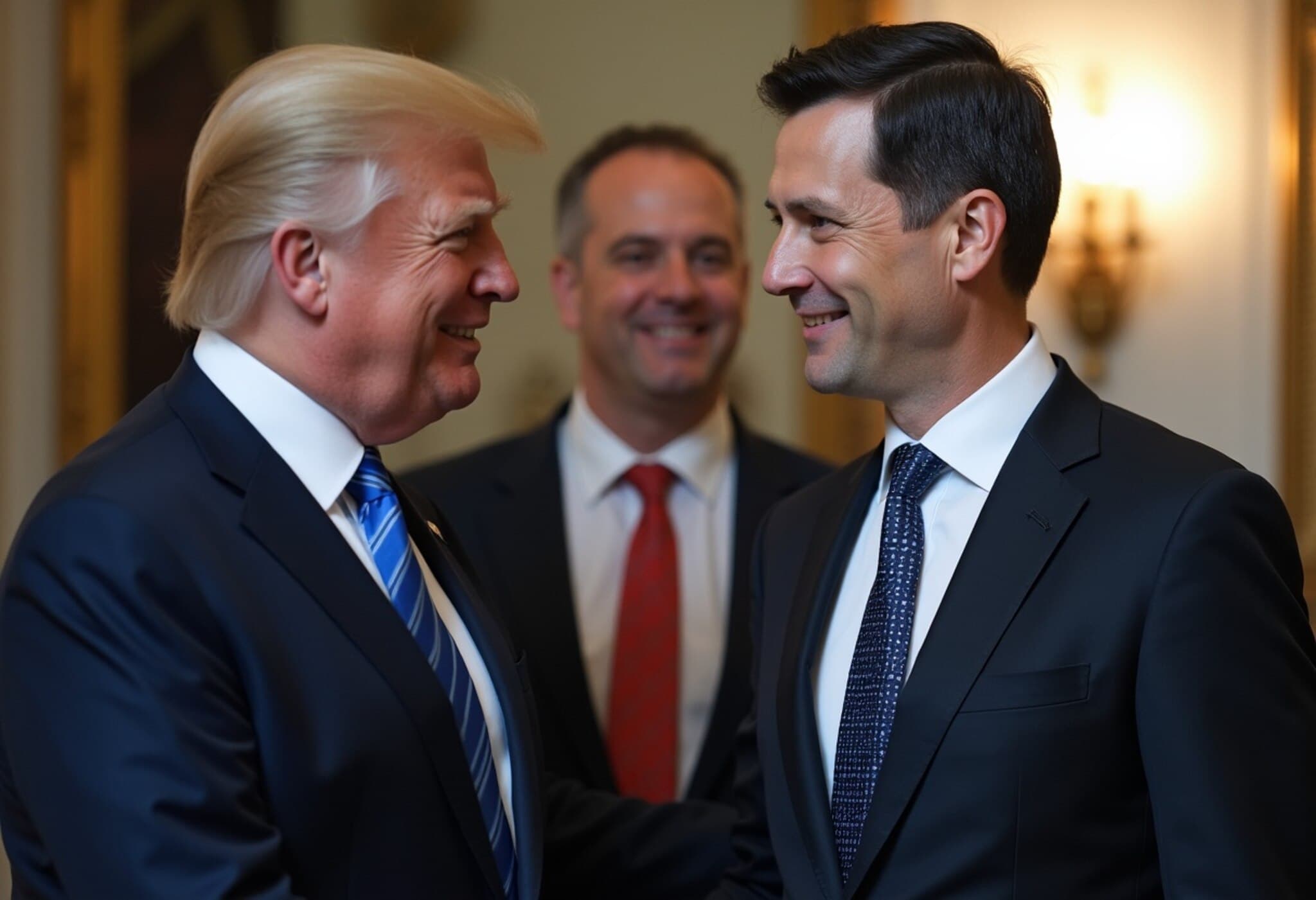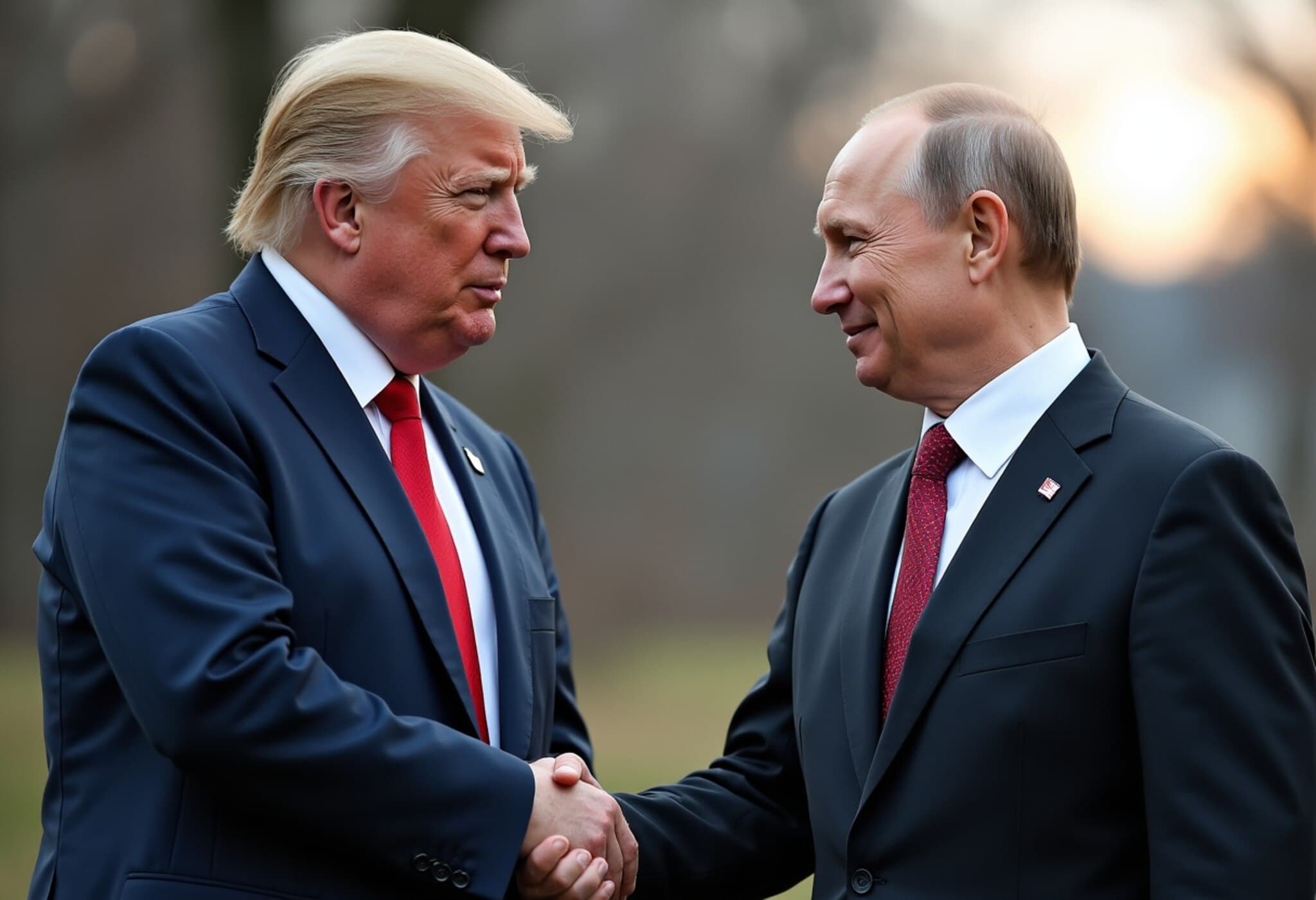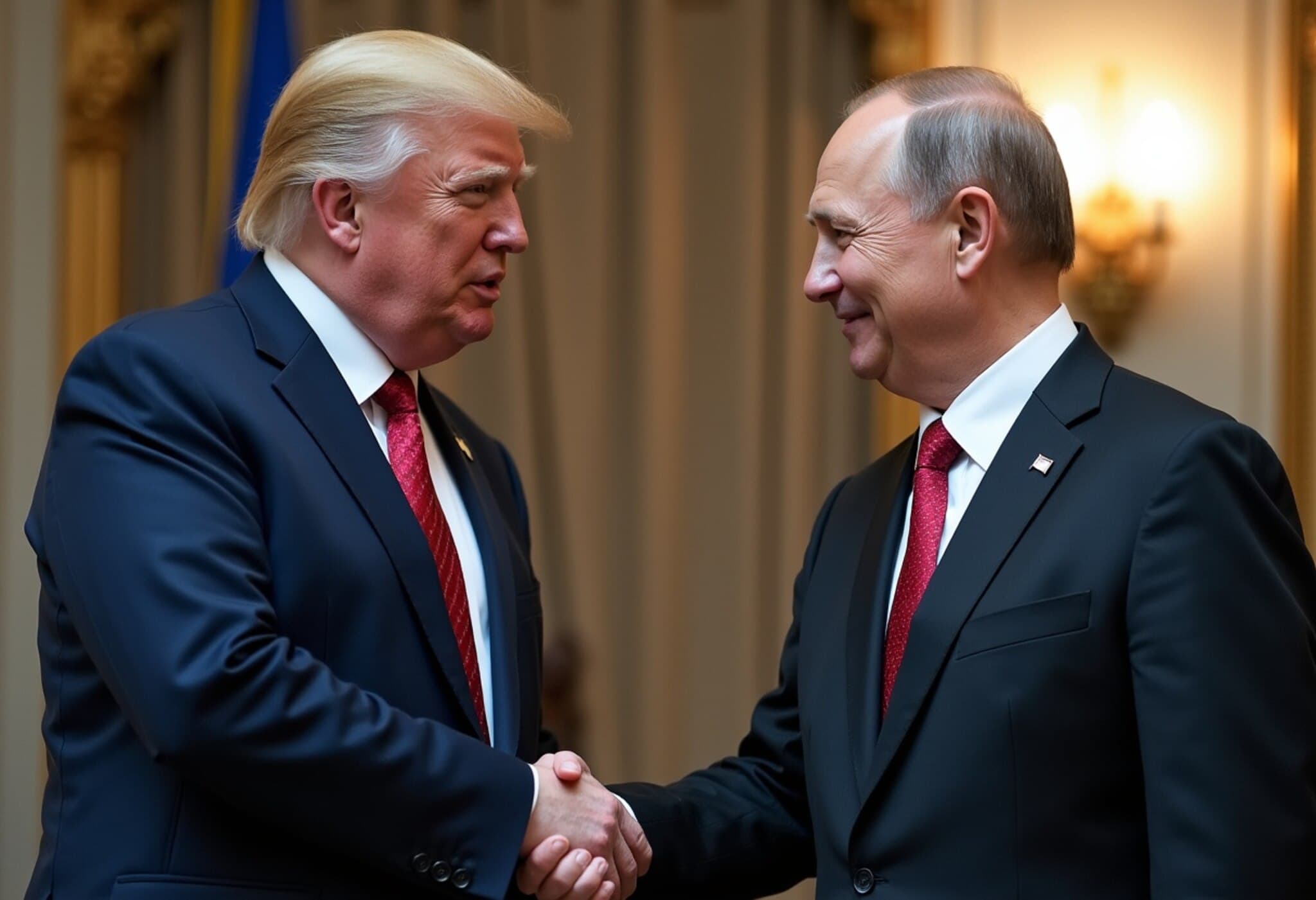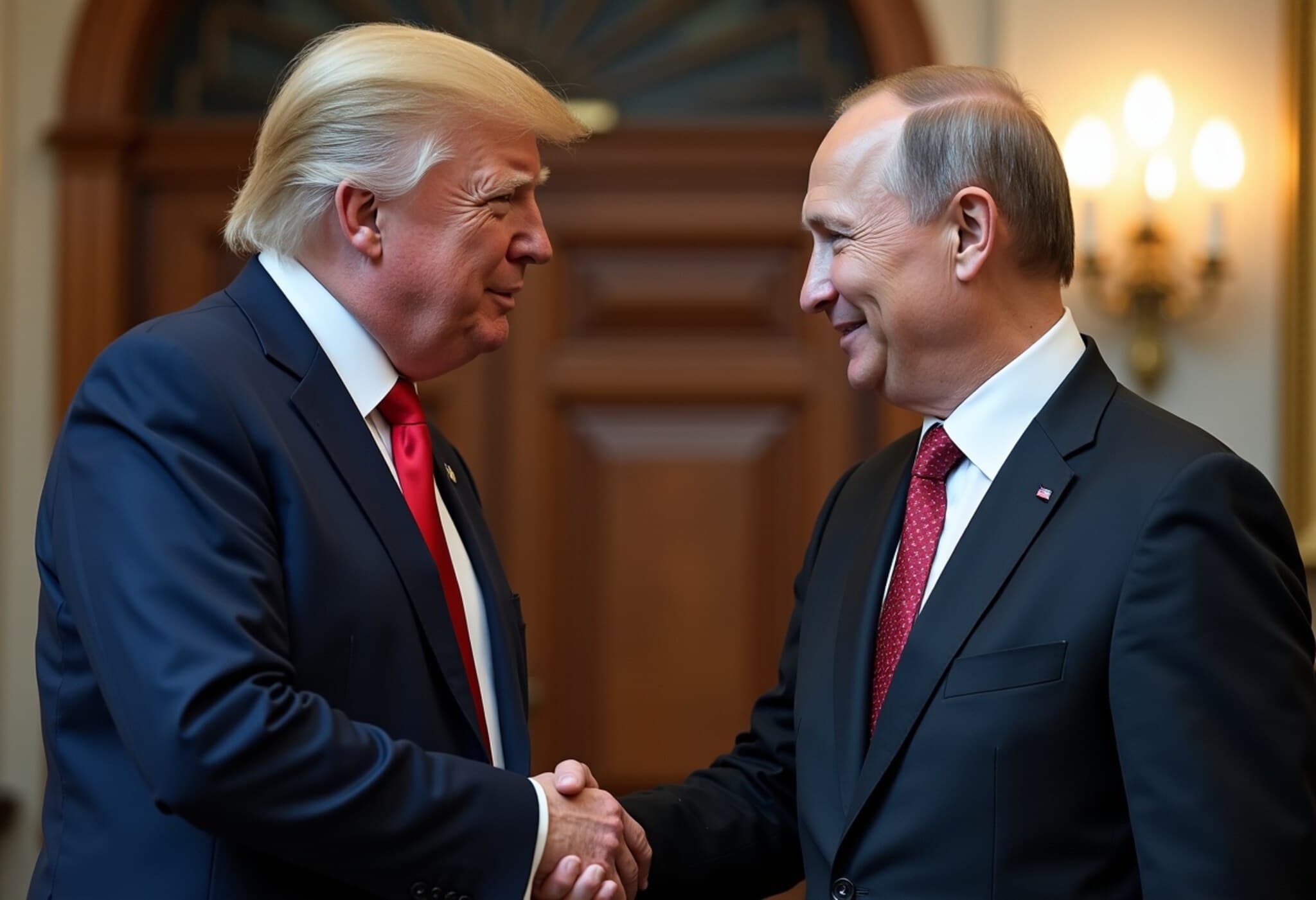India Backs Trump-Putin Meeting Aimed at Resolving Ukraine War
In a significant diplomatic gesture, India has warmly welcomed the upcoming summit between former US President Donald Trump and Russian President Vladimir Putin, scheduled for August 15, 2025, in Alaska. The meeting aspires to broker an end to the protracted war in Ukraine, a conflict that has reshaped global geopolitics since Russia’s full-scale invasion in early 2022.
India’s Stance Reflects Its Pursuit of Peaceful Diplomacy
The Ministry of External Affairs (MEA) expressed India’s readiness to support efforts to achieve peace, echoing Prime Minister Narendra Modi’s consistent call that “this is not an era of war.” The MEA spokesperson, Randhir Jaiswal, underscored the potential of the summit to alter the current impasse and open new avenues for peaceful dialogue.
India’s endorsement of the talks aligns with its broader foreign policy emphasis on stability and multilateral engagement, especially as it positions itself as a responsible global power wary of extended conflicts disrupting international order and its own economic interests.
The Summit: Prospects and Contentions
Announcing the summit, Donald Trump hinted at potential "swapping of territories to the betterment of both" Ukraine and Russia, though details remain speculative. The proposed meeting comes amid heightened skepticism from Kyiv and its Western allies, who insist Ukraine’s sovereignty and involvement are indispensable in negotiations.
- Ukraine’s Firm Stance: President Volodymyr Zelenskyy reiterated that “Ukrainians will not give their land to the occupier.”em> He cautioned that any discussions excluding Ukraine risk undermining peace efforts.
- Western Allies Aligning: Ahead of the summit, national security advisors from the US, EU, and UK convened in London to strategize, ensuring unity in their approach to the fragile conflict resolution.
- Previous Talks’ Failures: Earlier rounds of negotiations have yet to yield substantial results, reflecting the deep divisions and distrust between the parties.
Human Toll and Global Implications
Over three years, the Ukraine conflict has claimed tens of thousands of lives, displaced millions, and caused widespread economic and humanitarian crises. The Alaska summit carries the heavy burden of global hopes for de-escalation.
From an American strategic perspective, Trump’s initiative also represents a complex dynamic—given his controversial tenure and foreign policy legacy—where personal diplomacy attempts to bridge diplomatic gaps formed during ongoing post-presidency developments.
Critical Perspectives and Underexplored Questions
While India’s welcoming attitude highlights its preference for peaceful solutions, the summit raises critical issues:
- Exclusion of Ukraine: Will peace talks lacking Ukrainian representation risk legitimizing territorial compromises detrimental to sovereignty?
- Power Dynamics: How might the US-Russia bilateral summit affect broader international coalitions outside this negotiation framework?
- Long-term Stability: Can a deal brokered through this high-profile but controversial venue secure enduring peace without addressing root causes?
These questions call for continued vigilance from the international community, ensuring that peace efforts honor principles of justice and self-determination.
Editor's Note
The Trump-Putin summit in Alaska marks a pivotal moment in the ongoing quest to end the devastating Ukraine war. India's supportive stance underscores its aspiration for peaceful diplomacy but also reveals the intricate global balancing act. Observers must consider whether sidelining Ukraine from critical talks undermines the legitimacy of any prospective agreements and the enduring quest for lasting peace. As this story unfolds, staying informed and questioning the broader implications remain imperative.

